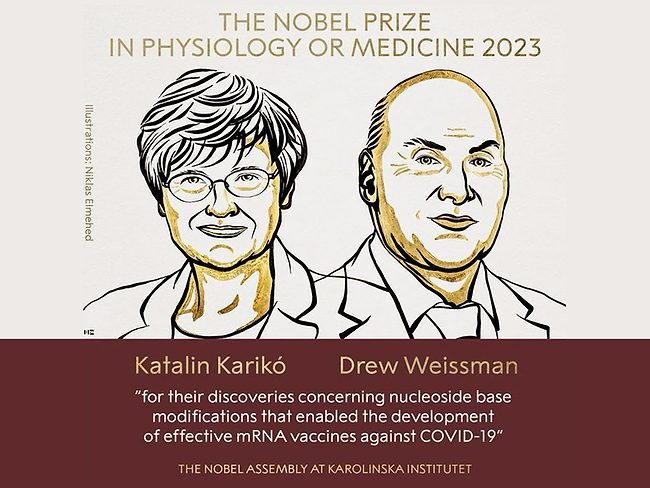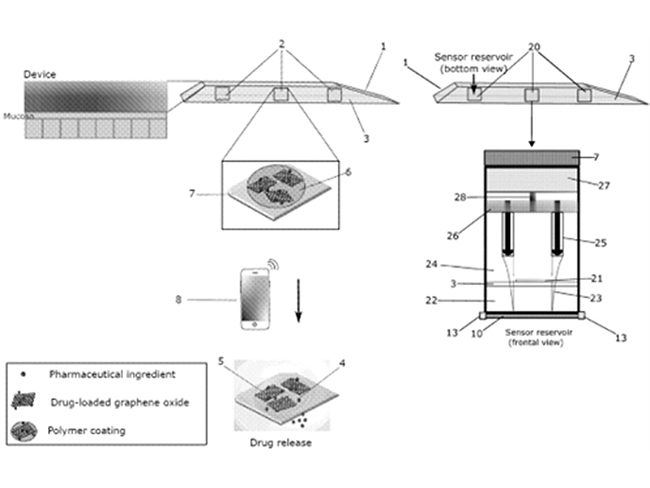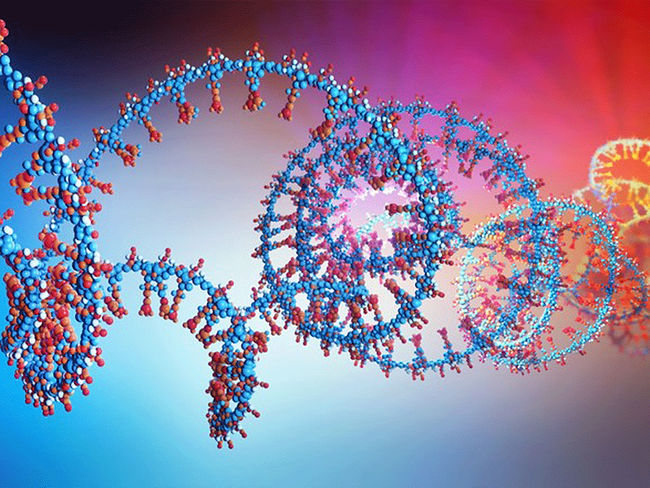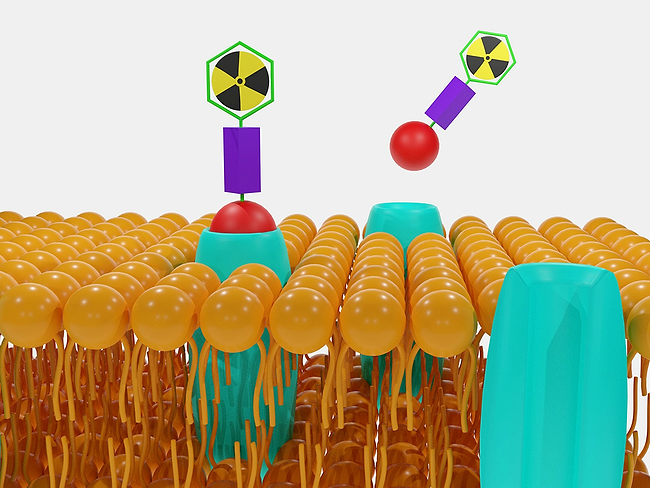
Drug design, drug delivery and technologies
Drug Design, Drug Delivery & Technologies
Quris and Merck KGaA extend collaboration using BioAI drug safety platform
Read MoreDrug Design, Drug Delivery & Technologies
Deep Genomics announces AI foundation model for RNA
Read MoreDrug Design, Drug Delivery & Technologies
Orionis Biosciences collaborates with Genentech to discover molecular glues
Read MoreDrug Design, Drug Delivery & Technologies
Peptidream collaborates with Genentech on discovery and development of peptide-radioisotope drug conjugates
Read MoreDrug Design, Drug Delivery & Technologies








